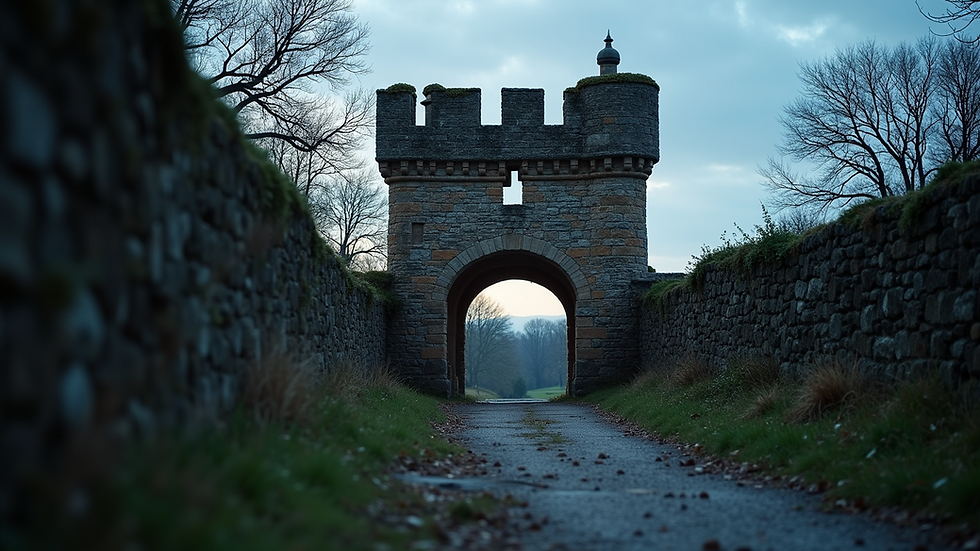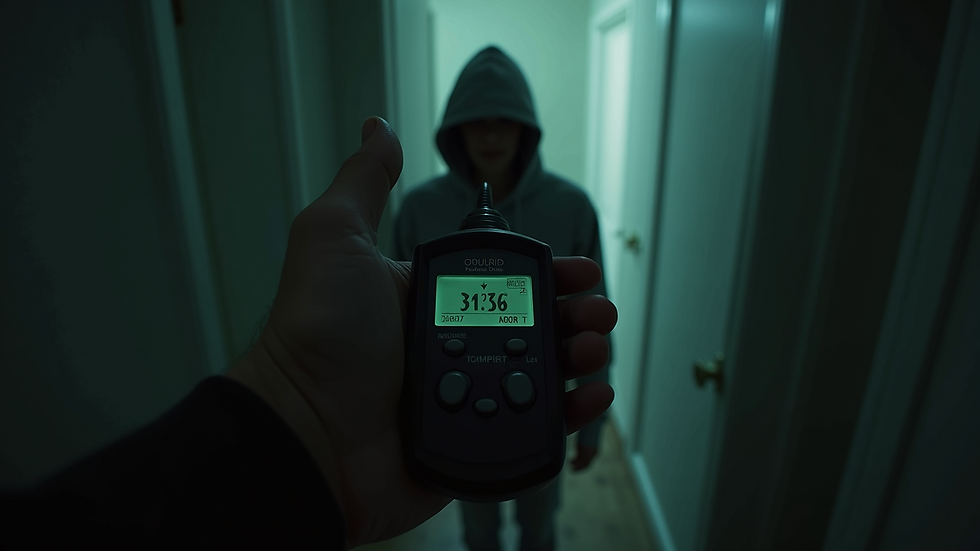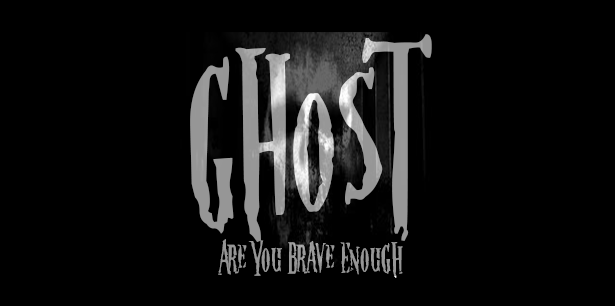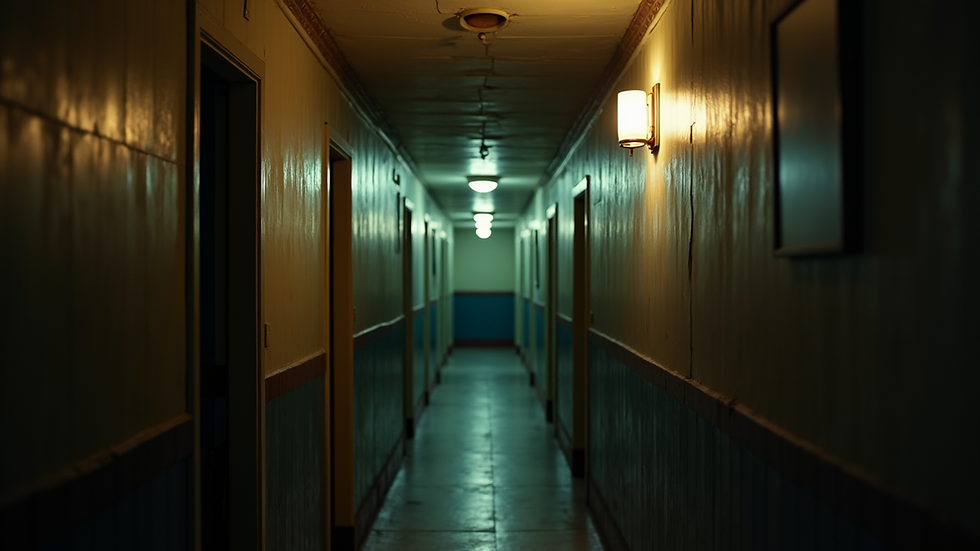Ghost hunting has become a popular activity for those fascinated by the paranormal. Whether you are a seasoned investigator or a curious beginner, planning a private ghost hunts experience can be thrilling and unforgettable. This guide will walk you through the essential steps to organise a successful and memorable ghost hunting event tailored just for you and your group.
Choosing the Right Location for Private Ghost Hunts
The first step in planning your private ghost hunts is selecting the perfect location. The atmosphere and history of the site play a crucial role in the overall experience. Look for places with a rich background of paranormal activity or eerie legends. Old castles, abandoned hospitals, historic inns, and ancient ruins are popular choices.
When choosing a location, consider:
Accessibility: Ensure the site is easy to reach for all participants.
Permissions: Obtain any necessary permits or permissions to conduct a ghost hunt.
Safety: Check for hazards such as unstable structures or dangerous terrain.
Facilities: Availability of restrooms, parking, and shelter in case of bad weather.
For example, a centuries-old manor with documented hauntings can provide an authentic and spine-chilling backdrop. Research local folklore and past investigations to find a site that matches your group's interests.

Planning Your Private Ghost Hunts: Equipment and Team
Once you have your location, the next step is to prepare your equipment and assemble your team. The right tools and people can make your ghost hunting experience more effective and enjoyable.
Essential Equipment
EMF Meter: Detects electromagnetic fields that some believe indicate paranormal presence.
Digital Voice Recorder: Captures Electronic Voice Phenomena (EVP).
Infrared Thermometer: Measures sudden temperature drops.
Night Vision Camera: Records in low light conditions.
Flashlights and Batteries: Reliable lighting is crucial.
Notebook and Pen: For documenting observations and experiences.
Building Your Team
A small group of 4-6 people is ideal. Assign roles such as:
Lead Investigator: Guides the hunt and interprets findings.
Equipment Operator: Manages devices and recordings.
Note Taker: Records events and observations.
Safety Officer: Ensures everyone follows safety protocols.
Before the event, hold a briefing to explain the plan, safety rules, and how to use the equipment. This preparation helps everyone feel confident and engaged.
If you prefer a hassle-free experience, consider booking private ghost hunting events with professional guides who provide equipment and expertise.

How much do ghost hunters make?
Many people wonder if ghost hunting can be a source of income. Professional ghost hunters often earn money through various channels, but it is rarely a full-time job for most.
Income Sources
Tours and Events: Hosting private ghost hunts or public tours can generate revenue.
Media Appearances: Some ghost hunters appear on TV shows or podcasts.
Writing and Consulting: Publishing books, articles, or advising on paranormal investigations.
Merchandising: Selling branded gear or souvenirs.
Earnings Overview
Entry-level or hobbyist ghost hunters typically earn little to no money.
Experienced professionals running tours or events can earn between £20,000 and £40,000 annually.
Top personalities in the paranormal field may earn significantly more through media deals.
Keep in mind that ghost hunting is often pursued for passion rather than profit. If you want to turn it into a business, focus on building a strong reputation and offering unique experiences.

Tips for a Successful and Safe Ghost Hunting Experience
Safety and preparation are key to enjoying your private ghost hunts. Here are some practical tips to ensure your event runs smoothly:
Dress Appropriately: Wear comfortable, weather-appropriate clothing and sturdy shoes.
Bring Essentials: Water, snacks, first aid kit, and a fully charged mobile phone.
Respect the Location: Follow all rules and avoid damaging property.
Stay Together: Never wander off alone, especially in unfamiliar or dark areas.
Keep an Open Mind: Paranormal experiences can be subtle; patience is important.
Document Everything: Take notes, photos, and recordings to review later.
By following these guidelines, you create a safe environment that maximises the chances of a memorable encounter.
Enhancing Your Ghost Hunting Experience with Technology and Apps
Modern technology can add excitement and depth to your ghost hunting adventure. Several apps and gadgets are designed to assist paranormal investigators.
Useful Apps
Spirit Box: Simulates radio frequencies to capture spirit voices.
Ghost Radar: Detects anomalies and displays them on your phone.
Thermal Camera Apps: Use your phone’s camera to detect heat signatures.
Additional Gadgets
Motion Sensors: Alert you to movement in the area.
Laser Grids: Help detect physical disturbances.
Digital Cameras with Time-Lapse: Capture long-duration footage.
Using these tools can make your investigation more interactive and provide additional evidence to analyse later.
Planning a private ghost hunts experience requires careful thought and preparation. By choosing the right location, assembling a capable team, equipping yourselves properly, and prioritising safety, you can create an unforgettable adventure. Whether you go it alone or book private ghost hunting events, the thrill of exploring the unknown awaits. Embrace the mystery and enjoy every moment of your paranormal journey.










